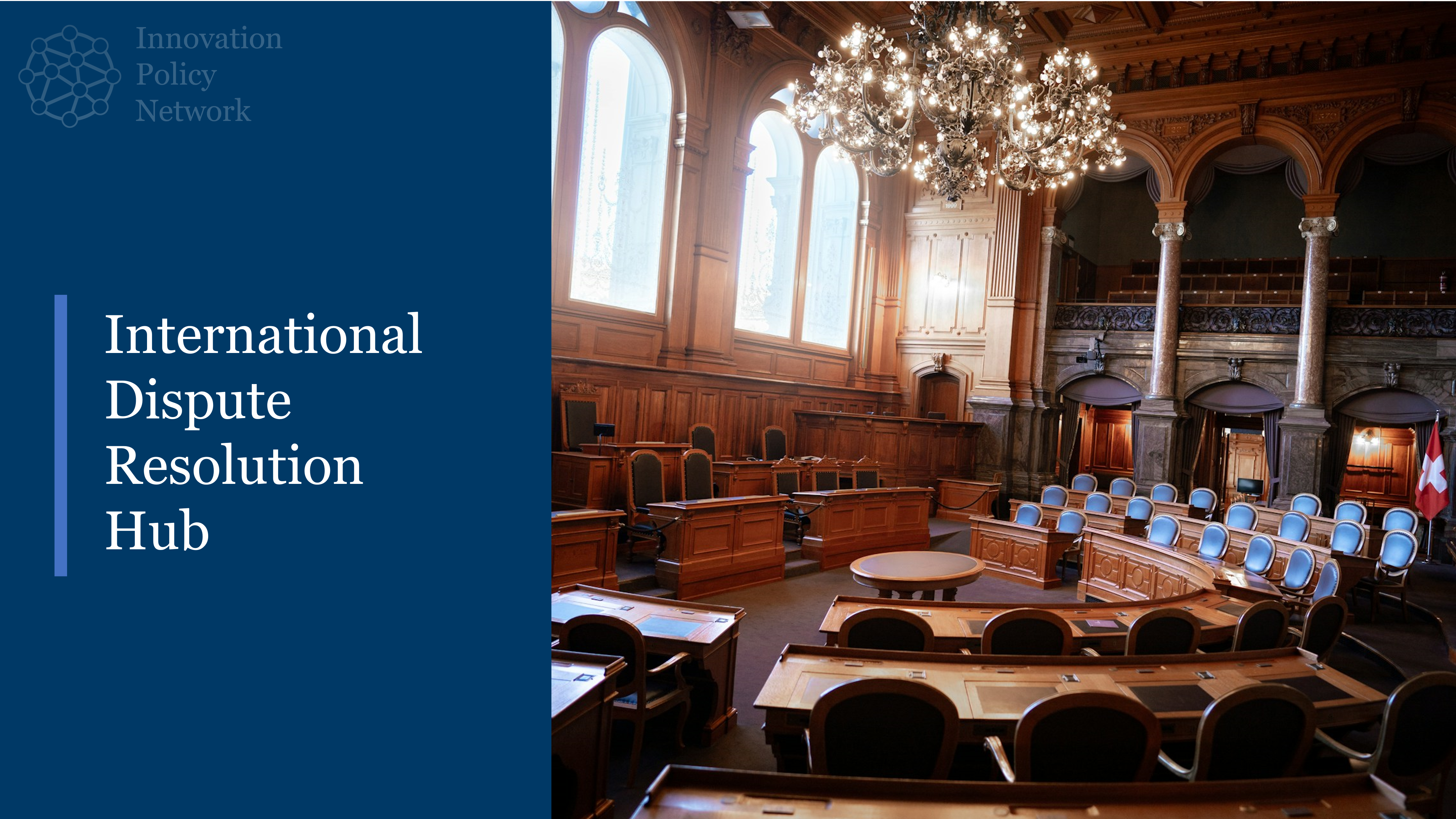Authors: Pitambar Das, Amedeo Rizzo
Journal: International Tax Studies, 2021
Abstract:
The OECD Unified Approach under Pillar One deviates from the existing international business tax rules in many aspects. First, it extends the right to tax business profits on the basis of mere sales in addition to the existing “physical presence” nexus rule. Second, the income allocation rules go beyond the arm’s length principle of transfer pricing rules, as well as beyond the transfer pricing approach to the formulary apportionment method in respect of allocating profits to market countries. Third, it recognizes demand-side factors, represented by sales, alongside supply-side factors for the allocation of business profits. However, the proposal raises serious doubts as far as the effective allocation of business profits to market countries is concerned. The scope of this article is to find out whether the proposed profit allocation rules under the OECD Unified Approach are effective in allocating income to market countries. As several attributes of the proposals are still under discussion, it is important to flag some of the concerns at this stage.





Leave a Reply